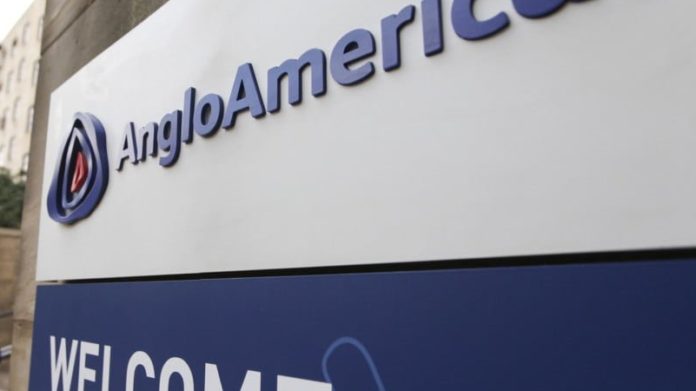
ANGLO American CEO, Mark Cutifani, might have had the controversial coal deal between Seriti Resources and South32 in mind when he told Miningmx in an interview in April that the firm’s proposed South African coal demerger was the group’s simplest option.
On April 9, Anglo unveiled Thungela Resources, a holding company that will house the South African assets currently in its business unit, Anglo Coal. That’s if shareholders today approve a 10:1 unbundling of the thermal coal mines which last year produced about 16 million tons, most of them export.
Asked why the company hadn’t opted for a ‘trade sale’, Cutifani said it was important to his shareholders what the entity “… looked like after the transaction.
“An entity that has cash, has good operations, and good operators, and is able to maintain faith with the communities, and will make the right decisions for the longer term was the first consideration,” he said.
It’s only four years since Anglo sold its domestic coal mines to Seriti Resources for about R2.3bn. The deal took time to complete – about 18 months – but it didn’t have any of the drama of Seriti’s other purchase, the 91% stake in South African Energy Coal (SAEC) by South32, the Perth-headquartered firm.
The completion of that transaction, hatched in August 2019, has been delayed for a second time, until the second quarter. There’s major controversy surrounding a coal sales agreement (CSA) between SAEC’s Ifalethu mine in Mpumalanga province and Eskom’s Duvha power station. Previously loss-making, the contract has been renegotiated by South32 in order for its Seriti deal to fly.
Critics don’t like that. How, they claim, can Eskom agree to a higher coal price at a time when it can’t pay the interest on its R450bn debt? Mike Teke, Seriti CEO, penned an impassioned article for Business Day declaring the new CSA was an interim arrangement and allowed for break-even only. The CSA’s option to extend to 2034 would also not be affected in favour of Seriti bidding in the open tender from 2024.
South32 restructured its own deal, deciding to put in $250m to assist Seriti. It also abandoned a clause in its original deal which had previously allowed for revenue participation in Seriti sales should the coal price break certain thresholds. “We couldn’t be seen benefiting from the improved CSA with Eskom,” said Mike Fraser, COO of South32.
Anglo’s demerger circumvents trade sale complexities, said Cutifani. Referring to the trade sale bids that came in for Anglo Coal’s mines, he said they “… offer to use your balance sheet to fund their opportunities, and if it doesn’t work out quite right they’ll lean on you anyway”.
“Our shareholders were saying to us we don’t like the idea of those one-sided deals; we prefer you to demerge and allow us to benefit with the players. The only way you can do that is if you set the business up in the right way,” he said.
“Quite a lot of South African shareholders in Anglo made that point to us that they know the market, they know the players, they know the quality of the assets.”
Thungela Resources: What can investors expect?
- The South African assets produced 16.5 million tons in Anglo’s 2020 financial year but ran at a $15m EBITDA loss owing to an average coal price of $57/t. The current spot price for its grade of coal is about $90/t, but Anglo will nonetheless inject $170m into the business making it net cash at commencement. Anglo will also support the company for three years should the coal price fall beneath a certain level. According to analysts, these mines can’t make cash at less than $80/t currently.
- Thungela Resources will be led by CEO, July Ndlovu, currently CEO of Anglo Coal. He’s a respected operator and has set out an investor strategy aimed at yield. Thus Thungela will payout 30% of free cash after sustaining capital and has pledged to invest in short-term, high cash-yielding, low capital projects to extend its current average mine life of 12 years. No major capital projects are likely for the first three years.
- Thungela Resources will be a liquid stock. UK and South African holders are Anglo who wanted the group to divest of its coal mines will most likely sell their positions on a listing, expected June 7. Investors can also expect volatility. This will provide opportunities and risk in equal dollops: Thungela is a pure-play and may become a proxy to the South African-denominated coal price.











